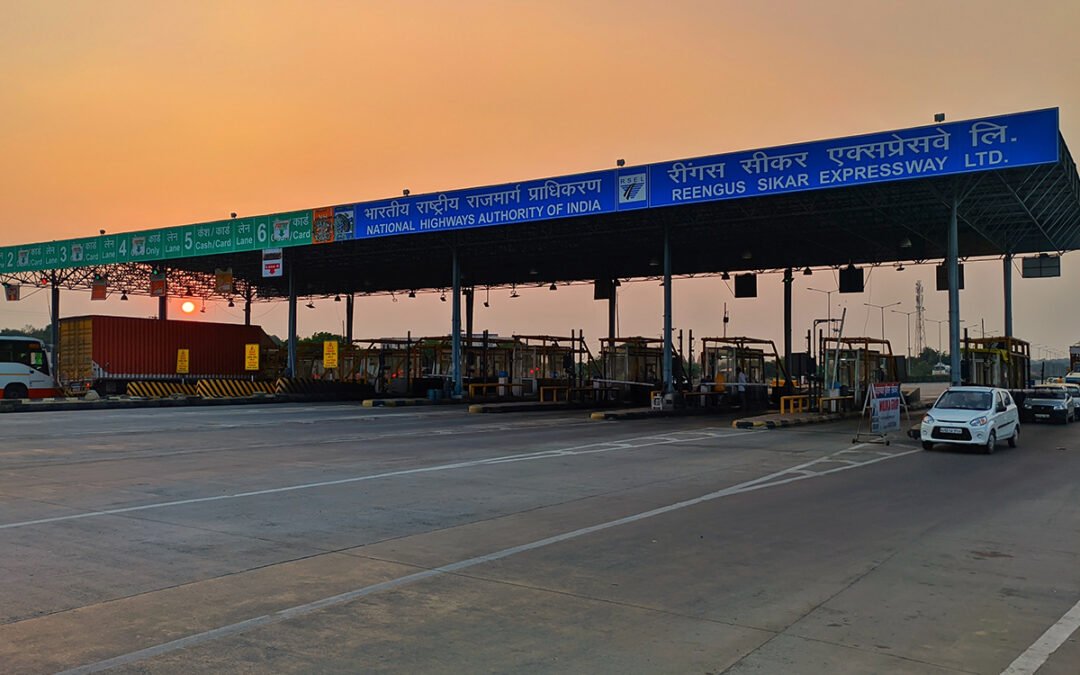On Wednesday, the MoRTH (Ministry of Road Transport and Highways) declared that it had made it possible for e-bank guarantees and insurance surety bonds to be accepted as “bid security” and “performance security” in the documents describing the security standards for EPC (engineering, procurement, and construction), HAM (hybrid annuity model), and BOT (toll) projects. Nitin Gadkari, the union minister for roads and highways, has just allegedly confirmed that the finance ministry has recently agreed to allow contractors recruited by the government-owned National Highways Authority of India (NHAI) and NHIDCL to convert their bank guarantees into insurance surety bonds.
The Ministry has approved the changes to the necessary clauses in the standard documents (RFP & MCA) of the HAM, EPC, and BOT modes following the amendments made by the Department of Expenditure in GFR 2017 relating to the inclusion of e-bank guarantee and insurance surety bond as means to accept “bid security” and “performance security.”

The Ministry has approved the changes to the necessary clauses in the standard documents (RFP & MCA) of the HAM, EPC, and BOT modes
In spite of the fact that no contractors are purchasing surety bonds due to the stringent requirements set by insurance regulator Irdai, Union Minister Nitin Gadkari has declared that improvements will be made to the surety bond offering to make it more attractive. Any instrument of bid security/performance security for all current contracts, including those for road development, ropeway sand, and toll contracts where the Ministry has stipulated a BG, may be replaced by an insurance surety bond, depending on availability, MoRTH stated.
The ministry also said that a physical bank guarantee can be accepted if a bank guarantee is required as bid security or performance security and it is not possible to provide it in the form of an electronic bank guarantee.
In an effort to lessen the reliance on bank guarantees among infrastructure developers, Minister Nitin Gadkari introduced the nation’s first-ever surety bond insurance product in December of last year. The product, which comes from the Bajaj Allianz General Insurance stable, was created in response to a need expressed by the business community and the government.

Minister Nitin Gadkari introduced the nation’s first-ever surety bond insurance product in December of last year
A method for transferring risk, surety bond insurance protects the principal from potential damages that can occur if the contractor doesn’t fulfil his responsibilities under the contract. With the purchase of the product, the principal enters into a contract guaranteeing that all business agreements and contracts will be fulfilled in accordance with the terms mutually agreed upon.
The principal may file a claim against the surety bond and be compensated for any losses sustained if the contractor fails to uphold the conditions of the contract. Contrary to a bank guarantee, surety bond insurance does not call for considerable collateral from the contractor, freeing up substantial assets that the contractor can use to expand their firm.
Irdai has loosened the requirements for surety bonds, a sort of insurance coverage that guards parties to a deal or contract against potential financial losses due to a breach of the terms of the agreement or other non-performance. By making more of these products available, the revisions want to increase the surety insurance market.



















